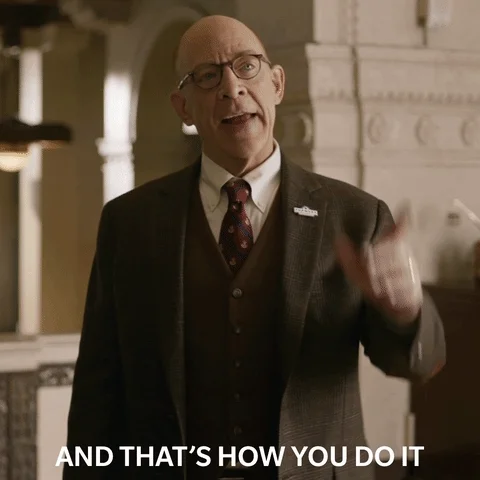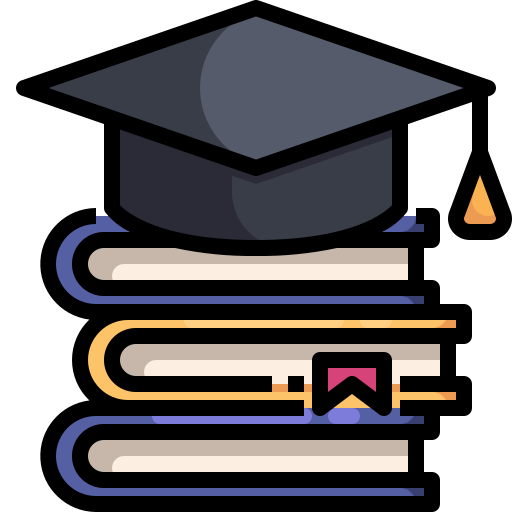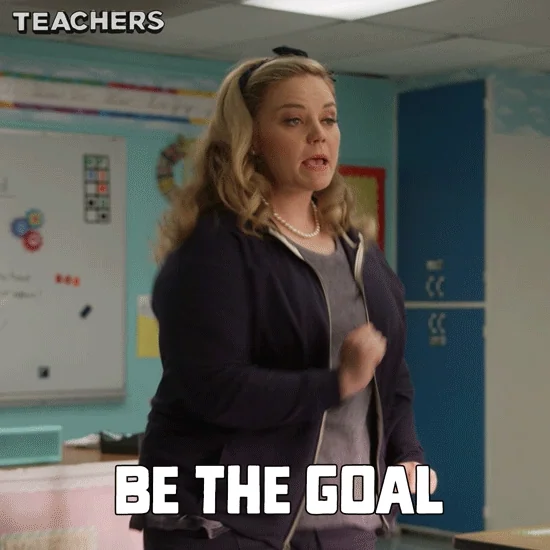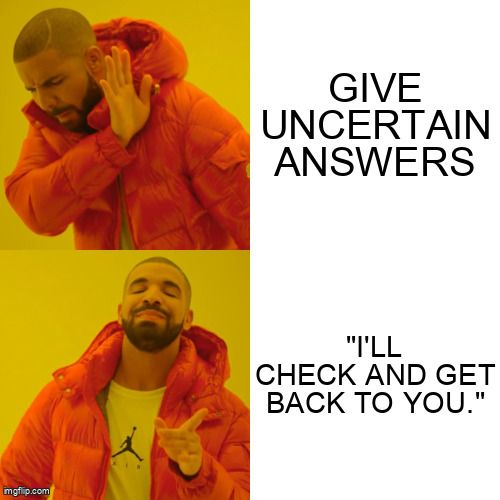Are you a language enthusiast who applied for a teaching role, and successfully got an interview opportunity?
You've found the exact Byte you need! You need to be ready for some questions about your language proficiency and teaching abilities. Reflect on your learning and teaching journey and show them you're ready to teach!

1. "What was the process like for you to become a language language teacher?"
Remember, the ability to teach a language isn't only about your language proficiency but also the ability to teach. It's necessary to consider the balance between these two things.
Here are the things you may include in your answers to show your profession, experience, and passion for language teaching.
a. Your Unique Episode

When was the moment that you had the spark of thinking "I want to teach this language!"? Tell them about your inspiration to begin the journey.
For example: "My spark to teach Japanese came during a trip to Japan. I realized how much more meaningful the experience became once I was able to communicate in Japanese. It allowed me to have deeper connections and a more authentic understanding of the culture. That’s when I decided I wanted to teach Japanese, so others could experience the joy and depth that comes with speaking the language."
b. Related Job Experience

Of course, it'd be ideal if you already have experience teaching languages. What if you don't have any? No worries! Look for some transferable skills from your previous job and see how they can relate to teaching.
For example: "I worked as a student assistant for a university professor, where I helped prepare class materials and supported students with their questions. This experience strengthened my research and communication skills, both essential for teaching."
Tips: You could also highlight your technology and computer skills. Language schools might offer online teaching positions that require candidates who are comfortable using technology.
c. Academic Background

What was your major at university? Did you pass any language proficiency tests? Have you ever studied/lived abroad in a country where the language is used? How do these experiences help you teach the language?
For example: "I majored in Japanese Studies at university and passed the JLPT N1. I also had the opportunity to study in Japan for a year as an exchange student, which allowed me to apply and refine my language skills while gaining authentic cultural experience. As a non-native speaker, I believe my proficiency and experience will provide valuable insight for my future students, helping them understand what foreigners need to be aware of and what can benefit them during learning."
d. Extra Effort
You've proven your qualifications and experience to the interviewer. To leave an impression, show them your passion! What extra steps have you taken to achieve the goal? For example, are you a member of the language association to keep communication with other teachers?
For example: "In order to improve my lessons for students, I continuously educate myself and stay connected with the teaching community. I am a member of the Japanese Teaching Association and participate in seminars."
2. "What kind of language teacher do you want to be in the future?"

a. Give solid qualities.
Think about your own learning experience, and list some good qualities you have observed from your teachers. Can't think of any? Try to think of the bad qualities instead.
For example, "I don't like it when my teacher reads from the slide with zero emotion and tone. I want to be a teacher who makes lessons interactive and encourages my students to communicate."
b. Show them your plan to achieve.
You can tell as many qualities as you want. The most important thing is how to achieve each quality you mentioned. Elaborate on your plan with a practical approach to reach the goal.
For example, "After explaining the application of an expression, I will present a scenario and allocate 30 minutes for pair practice to encourage interaction and reinforce practical application."
3. "How do you respond when a student asks a question you don’t know?"

The interviewer wants to see your response and ability to handle classroom scenario.
Remember the fact that it’s normal to not know it all.
Convey that you're humble as a teacher who is also a learner.
Tell them you'll work on it and give a certain answer after research.
Imagine the interviewer is role-playing as a student and asks you a question you don't know. Which would be the best response?
A. "That's a great question! I want to make sure I give you an accurate answer, so I'll do some research and get back to you. In the meantime, please look it up, so that we can share what we find in our next lesson!"
B. "That's a great question! Based on what I know, (provide what you do know), it might also be (make up something). However, I’d recommend checking with other teachers or sources to get a more complete answer."
C. "That's a great question! I haven't been asked that before, so I don't know the answer. You might Google it and find the answer."
Quiz
Which is the best answer to this role-play question?
Take Action

Your feedback matters to us.
This Byte helped me better understand the topic.

